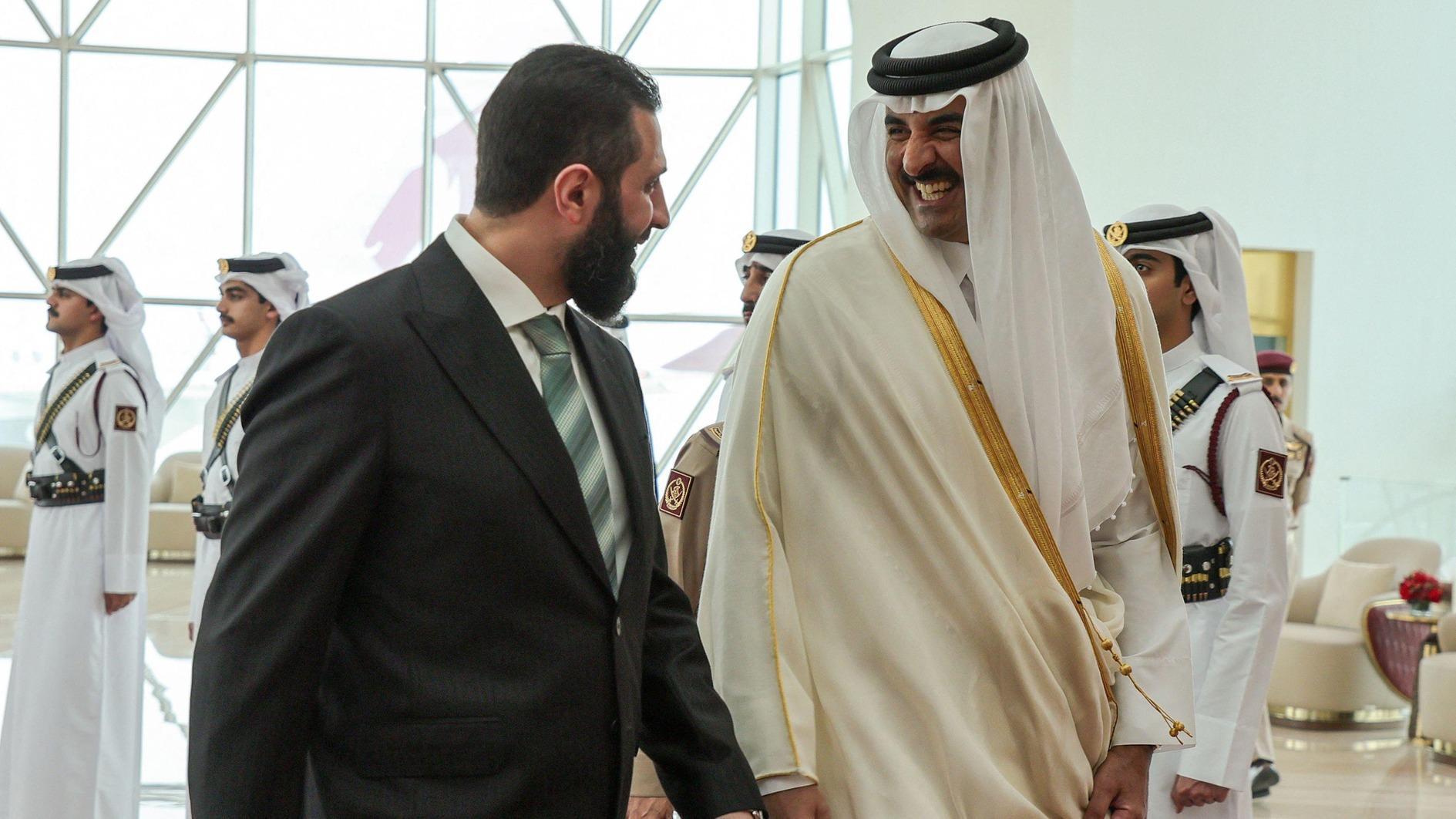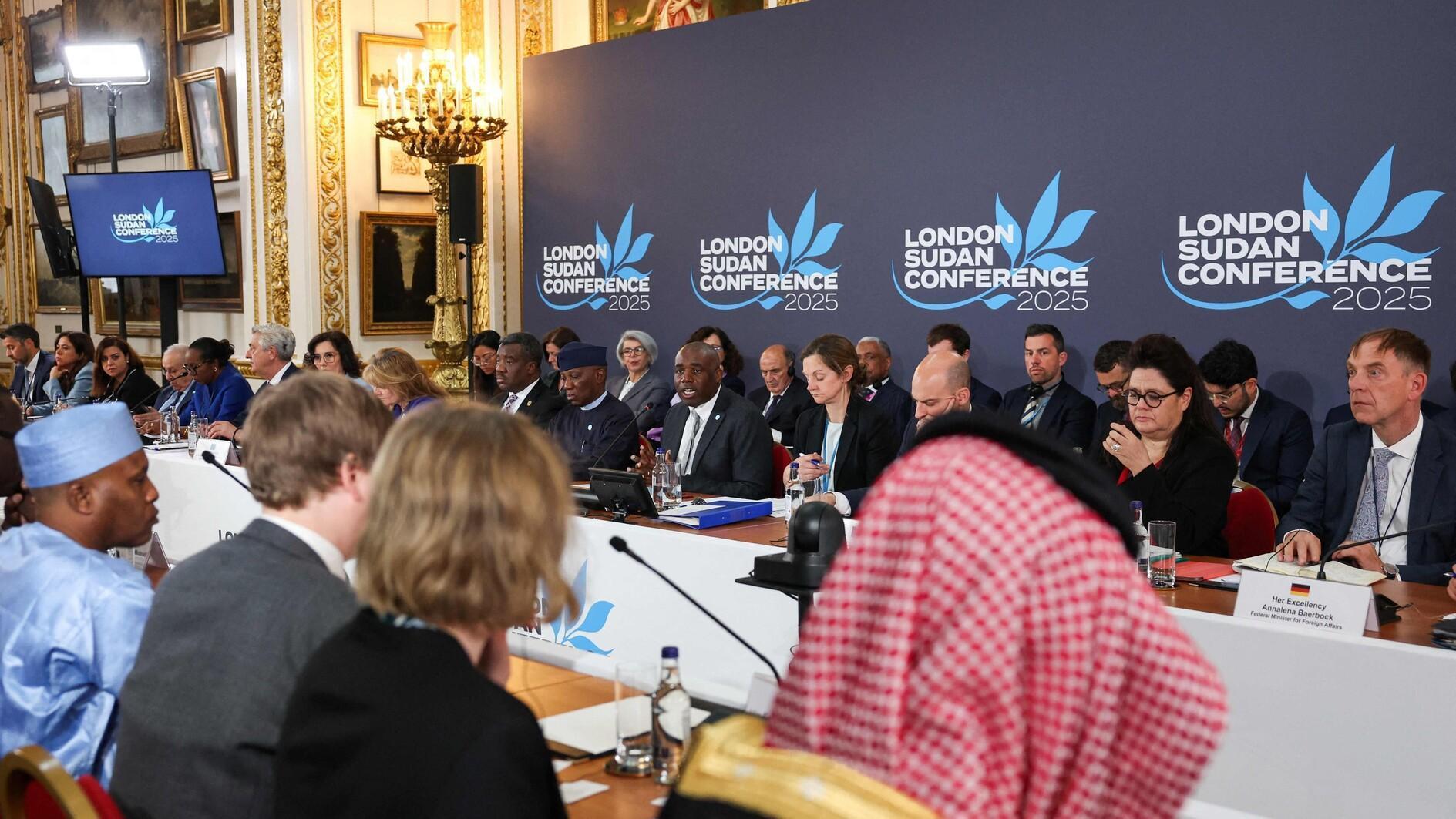Ain’t falling apart
Like in most other countries, conservatism is on the rise in Turkey. However, despite intense efforts by the ruling Justice and Development Party (AKP) over the past 16 years, the increase is not in the religious-conservative segment. On the contrary, probably because of the sui generis conditions in Turkey, it is the “nationalist but secular” conservative group that has been on the rise in this land for a long time.
Indeed, was that not why most political analysts were perplexed with the results of the June 24 elections? Although the Nationalist Movement Party (MHP) suffered a serious split, its vote share remained almost the same compared to the previous elections. The combined vote of the MHP and the İYİ (Good) Party that was established by MHP deserters exceeded even the 1999 record vote level (18 percent) of the nationalist party. In the June elections, the MHP’s vote share was at 11.1 percent while the İYİ Party scored just over 10 percent, producing an overall 21 percent nationalist vote.
The latest polls show that while the AKP has gone as low as 32 percent—10 percent below its level of 42.6 percent in June—the MHP’s popularity has exceeded 15.5 percent. The İYİ Party on the other hand, is claimed to be suffering a serious decline and might score less than five percent in an election. Of course, in local elections, as much as the political party, the name of the candidates are important factors in shaping the result. Yet, in cities where the AKP won with a narrow margin in the previous mayoral elections, the MHP vote might be of crucial importance particularly if the İYİ Party decides to lend support to the Republican People’s Party (CHP) in at least three big cities.
In Ankara, there are already claims the CHP might pick Mansur Yavaş, who questionably lost Ankara to Melih Gökçek in the last election. Yavaş, a nationalist politician much respected by the center-left and even social democrats, might easily win this time if he runs on the CHP ticket again and the İYİ Party supports him. Of course, his success will also depend on whether the MHP will bring their own candidate forward and not lend support to the AKP. İzmir, on the other hand, appears to be an easy win for the CHP but if the AKP produces a strong candidate, victory might hinge on whether the İYİ Party will support the CHP’s candidate.
In Istanbul, where the CHP lost the mayoral seat with less than seven percent in the last election, the social democratic party might require more than the İYİ Party’s support, but a good candidate, probably Muharrem İnce. İnce has been flirting with the idea of running for Istanbul for some time, but it is not yet certain whether the defeated presidential candidate might be given a chance for the mayor’s seat in the biggest Turkish city.
The AKP and MHP leaders publicly stating their parties will not be in an alliance of any sort in the March mayoral elections may only be a strategic undertaking. The latest polls show the AKP is losing support—a normal reflection of the economic crisis situation in the country—while the CHP is apparently retaining its basic vote. The MHP’s popularity is sharply increasing, while the Kurdish Peoples’ Democratic Party (HDP) has gone down as low as 5 percent. Meanwhile, the İYİ Party is performing worse than the HDP.
How is it strategic? The MHP grassroots has been rather unhappy with the AKP’s refusal of the MHP’s call for an amnesty to pardon certain prisoners. Furthermore, the Council of State decision, which might pave the way for bringing back the oath in primary schools—considered by the Kurds, liberals and AKP as a “dictate” of Turkish nationalism—has made the MHP very happy while making the AKP reluctant for its reintroduction. The Kurds, on the other hand, were unhappy with the AKP being in bed with the MHP but the AKP needs the Kurdish vote—if not in the eastern provinces, then in Istanbul and İzmir as well as Ankara, Mersin, Antalya and many other western cities.
Despite their vow not to be together in the March polls, from a strategic point of view, the AKP and MHP probably have no luxury of burning bridges. Will this “supposedly separate” image help the AKP? It appears that at least the AKP leader, President Recep Tayyip Erdoğan, believes it will help.











